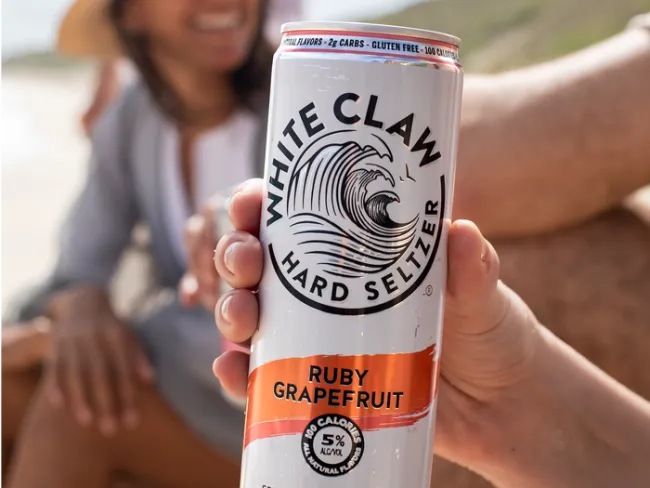White Claw, Trade Tariffs, and the Future of American Liquor in Canada
As trade tensions between the U.S. and Canada escalate, the impact on the liquor industry is becoming increasingly evident. From White Claw’s meteoric rise to Ontario’s bold move to pull American liquor from LCBO shelves, shifting policies are reshaping what Canadians can find in stores. With tariffs, economic nationalism, and evolving consumer preferences in play, the future of American alcohol in Canada remains uncertain. Will iconic U.S. brands maintain their foothold, or will local and international alternatives take their place?
White Claw: A Symbol of Modern American Drinking
Launched by the Mark Anthony Group in 2016, White Claw quickly became synonymous with the hard seltzer craze in the United States. While the Canadian version uses a vodka base instead of a beer base, the brand’s identity remains unmistakably American. Its meteoric rise—driven by viral social media moments and strong appeal among younger consumers—stands as a prime example of successful American beverage marketing that has transcended borders.
Trade Conflicts and the LCBO’s Response
The recent imposition of 25% tariffs by U.S. authorities has put trade policies under the spotlight. In response, several Canadian provinces have taken steps to curb American imports. Ontario Premier Doug Ford, for instance, has directed the LCBO to remove U.S. liquor from its shelves—a move that highlights how politics and economics are directly shaping retail decisions. As one of the largest buyers of American alcohol, the LCBO is now shifting its focus to domestic and alternative imports.
PEI Liquor’s Approach in a Changing Market
While Ontario’s decision has made headlines, other provinces, such as Prince Edward Island, have taken a more measured approach. The PEI Liquor Control Commission—a Crown corporation established in 1918—manages all liquor sales through government-run stores. Though PEI’s policies haven’t drawn the same controversy as Ontario’s, the commission continues to regulate product selection and pricing under strict guidelines. Any shift in import policies or market conditions directly affects the variety of products available to local consumers.
The Future of American Liquor in Canada
With trade tensions rising and economic nationalism gaining traction, the future of American liquor in Canada remains uncertain. Some consumers may miss the familiar taste of U.S. brands, while others see this as an opportunity to explore local or international alternatives. White Claw, in particular, serves as a testament to American branding and innovation, even as government policies reshape the market.
Whether you’re a bourbon aficionado or a die-hard White Claw fan, these ongoing changes underscore the evolving relationship between international trade, government policy, and consumer preferences in the liquor industry.
